Search
Did you mean: Xois?
Search Results

Article
Daily Life in Ancient China
Daily life in ancient China changed through the centuries but reflected the values of the presence of gods and one's ancestors in almost every time period. Villages like Banpo show evidence of a matriarchal society, where there was a priestly...

Article
Games, Sports & Recreation in Ancient Egypt
Although the ancient Egyptians are often depicted as death-obsessed and dour, they actually had a great appreciation for life and their culture reflected their belief in existence as an eternal journey imbued with magic. Life was a gift from...
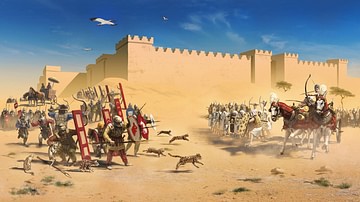
Article
The Battle of Pelusium: A Victory Decided by Cats
The ancient Egyptians had a great reverence for life in all its forms. Life had been given by the gods and reverence for it extended beyond human beings to all living things. Although the Egyptians did occasionally eat meat, and their royalty...
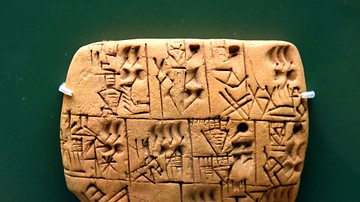
Article
The Hymn to Ninkasi, Goddess of Beer
The Hymn to Ninkasi is at once a song of praise to Ninkasi, the Sumerian goddess of beer, and an ancient recipe for brewing. Written down in c. 1800 BCE, the hymn is no doubt much older as evidenced by the techniques it details which scholars...

Article
Norse-Viking Diet
In many depictions of Vikings, whether in film or other media, a group is often seen gathered around a flaming pit while an animal of some type – usually a boar – turns on a spit above. While the people of Scandinavia certainly ate meat...
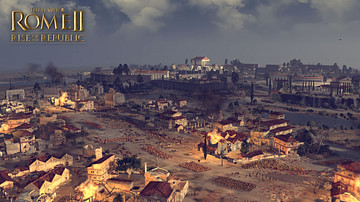
Article
The Sack of Rome by the Gauls, 390 BCE
After the Gauls defeated the Romans at the confluence of the Tiber and the Allia rivers, the Gauls marched on to Rome. In late July 390 BCE, the undefended city fell to the invaders to be burnt and sacked. Only on the Capitol Hill, did a...
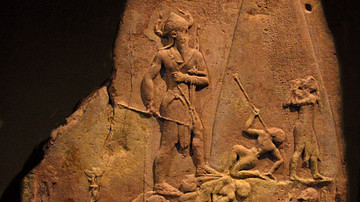
Article
The Curse of Agade: Naram-Sin's Battle with the Gods
The Curse of Agade is a story dated to the Ur III Period of Mesopotamia (2047-1750 BCE) though thought to be somewhat older in origin. It tells the story of the Akkadian king Naram-Sin (r. 2261-2224 BCE) and his confrontation with the gods...

Article
The Life of Diogenes of Sinope in Diogenes Laertius
Diogenes of Sinope (c. 404-323 BCE) was a Greek Cynic philosopher best known for holding a lantern to the faces of the citizens of Athens claiming he was searching for an honest man. He was most likely a student of the philosopher Antisthenes...

Article
Women in the New Testament
Women in the New Testament are presented for the most part along the contours of both Jewish and Greco-Roman concepts of the social construction of gender roles. Women’s value to society was in their role in procreation. There are some exceptions...
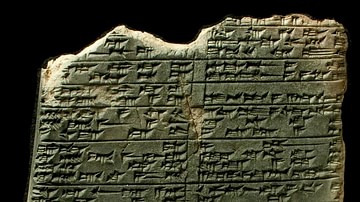
Article
Ashurbanipal's Collection of Sumerian and Babylonian Proverbs
Ashurbanipal's collection of Sumerian and Babylonian proverbs formed part of the famous Library of Ashurbanipal (7th century BCE) established at Nineveh for the express purpose of preserving the knowledge of the past for future generations...